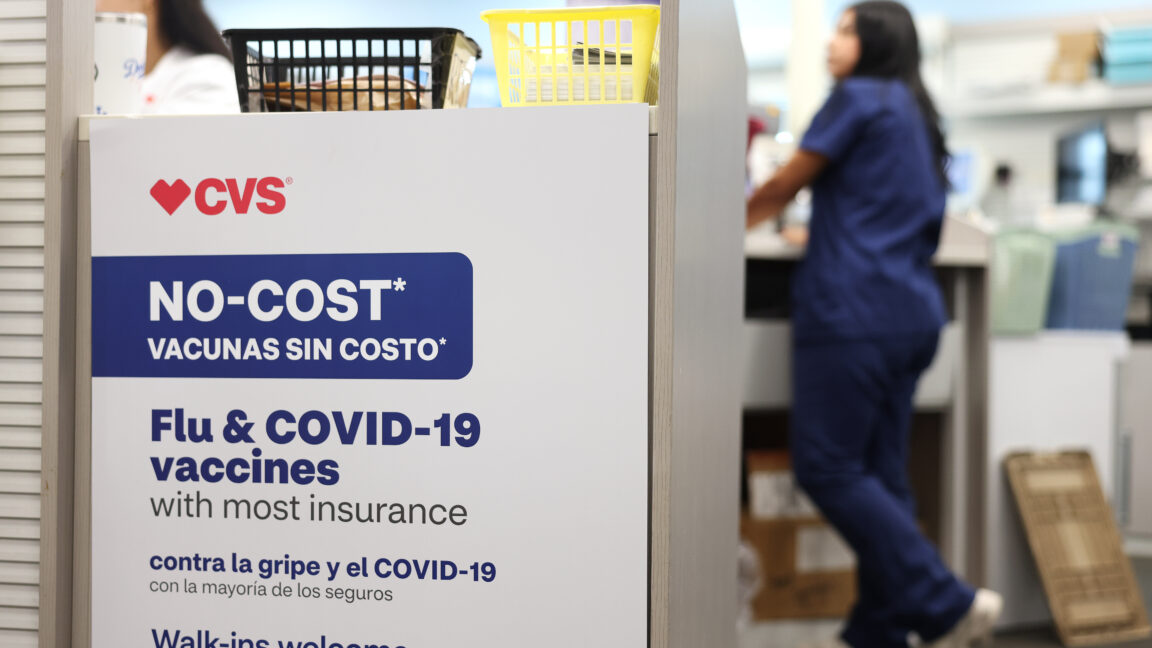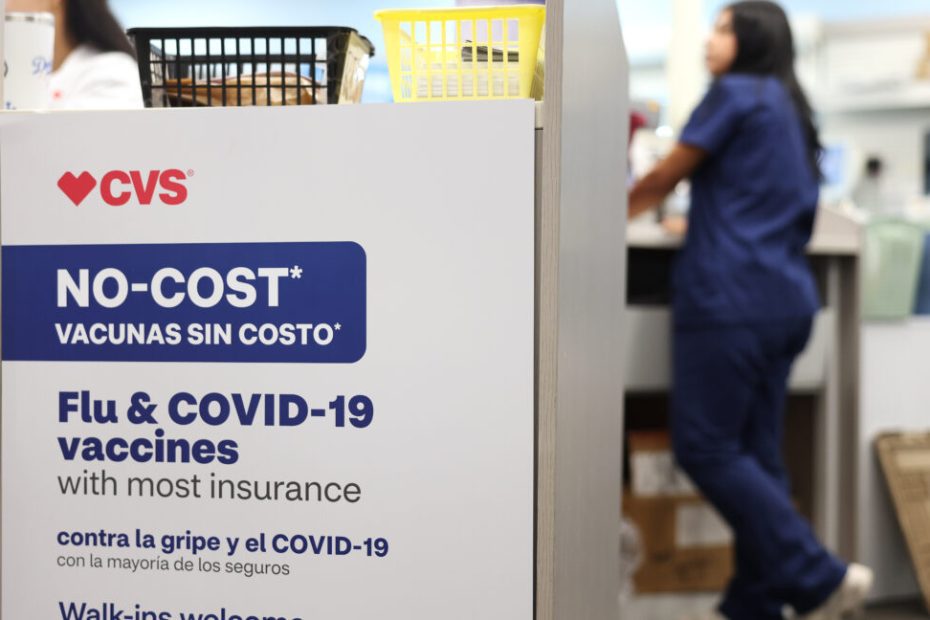
For these people, regardless of what state they are in, it would mean that getting the vaccine should go that a pharmacist or doctor should go “off-label” to offer this.
“It's very gray about how a pharmacist can continue in that scenario,” Groves told Ars. Going-off label could open pharmacists for liability problems, she said. And even if a patient can obtain a recipe for an off-label vaccine, that may not be enough to allow a pharmacist to allow the vaccine.
“Pharmacists have something called” corresponding responsibility, “Groves said.” So even if a doctor, or a nurse practitioner, or who can send a recipe for that vaccine, that pharmacist still has that responsibility to ensure that this is the right medication, for the right patient, at the right time, at the right time, and that they are indicated, “she said.
Doctors, on the other hand, can manage vaccines off-label, what they can do if they choose to follow guidance from medical organizations such as AAP and ACOG, or if they think it is best for their patients. They can do this without any increased professional liability, unlike some suggestions that Kennedy has made (doctors always prescribe things off label). But people may have to make an appointment with their doctor and convince them to give the shot – a situation that is much less handy than walking a local pharmacy. Since pharmacies have so far provided the vast majority of COVID-19 vaccines, some doctors may not have offices at hand.
Pregnancy
It is unclear whether the pregnancy still falls under the criteria of the FDA for a risky condition. It was included in the list that FDA officials published in May. However, the agency did not officially make that list when it changed the vaccine labels last month. Some experts have suggested that in this case the qualifying risky conditions are standard for the existing list of the CDC with risky disorders, including pregnancy. But it is not entirely clear.

